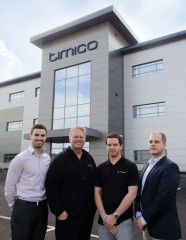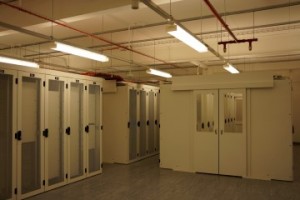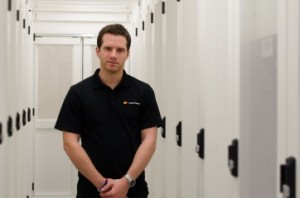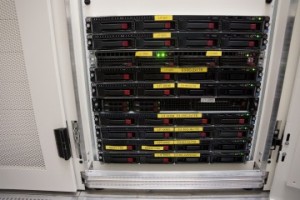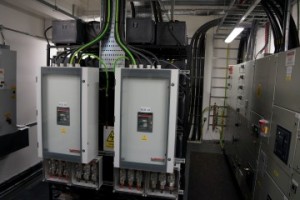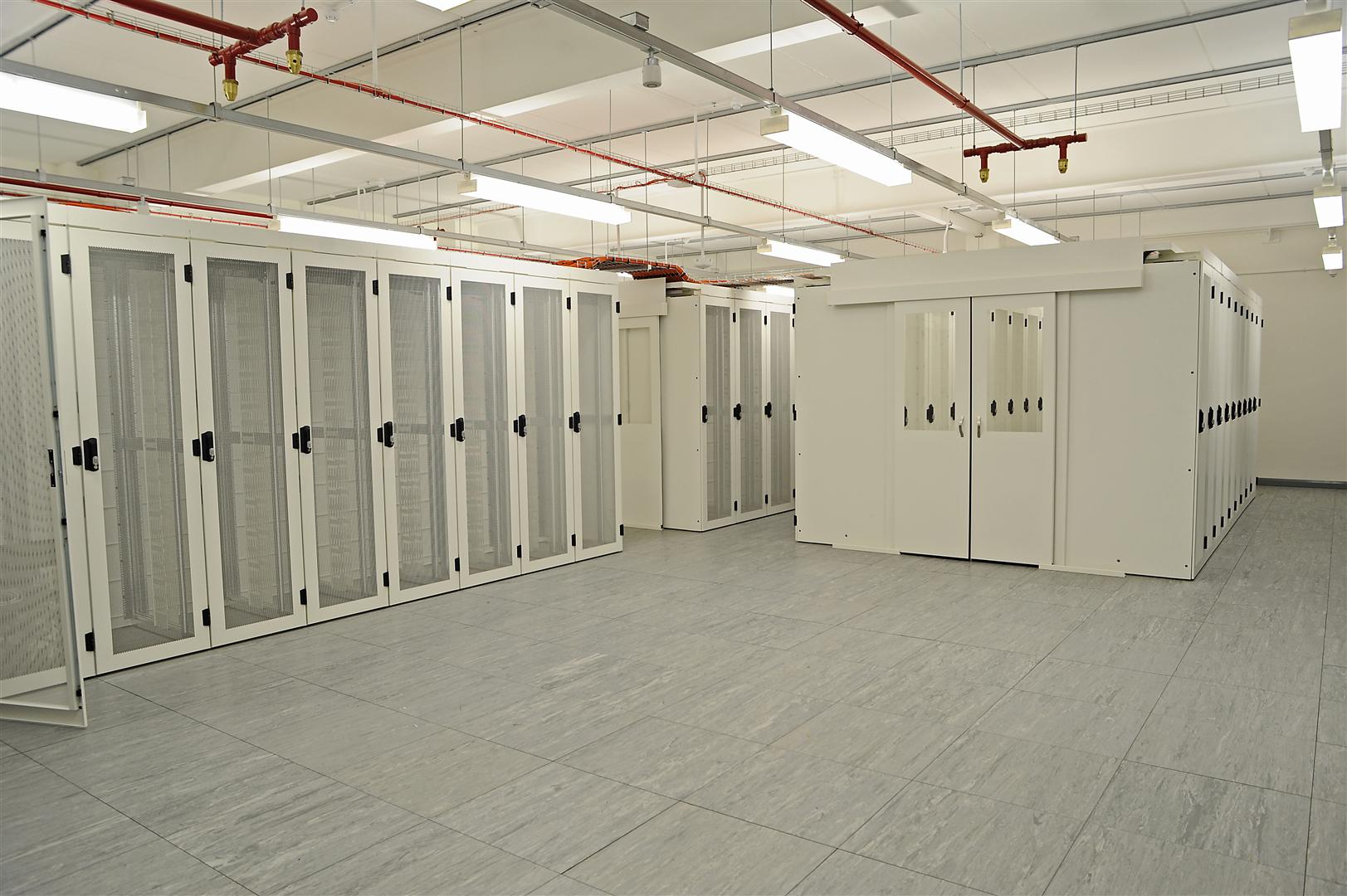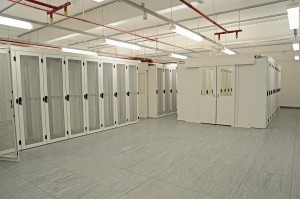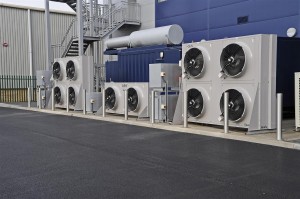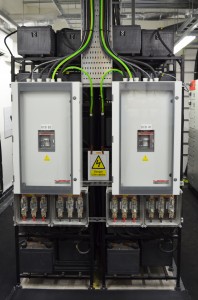We often get asked if we provide ‘SEO hosting’ and the answer is no. And we have our reasons. But in a short pre-sales call or live chat, it’s often difficult to explain why we do not and why SEO hosting is a myth that is best avoided. So to elaborate on SEO hosting and the detrimental impact it can have on organic search marketing, I’ve written the following blog post. Hopefully this will let you make an educated decision if you really wish to use one of these SEO hosting services.
A quick history lesson
SEO hosting came about through many black hat marketers wanting to completely separate out their websites on different IP C classes. The term ‘C class’ itself is actually obsolete and has been for some time, thanks to the not-so-recent introduction of CIDR (classless inter domain routing). The term ‘C class’ has stuck despite the origins of CIDR being back in 1993 but the correct way to describe the separate networks that these marketers want would be separate /24s. But to keep things simple and to clarify for those unfamiliar with the terminology, a request for this separation looks like:
Site A on 123.123.123.100
Site B on 123.123.124.100
This is obviously just an example and I’ve used it to show you a different /24 (or C class, using incorrect terminology).
Now that we’ve cleared up the language, let’s look at the traditional reasoning a marketer will use when wanting to separate out the sites.
Common myths associated with SEO hosting
SEOs will give many reasons for wanting sites on different IP addresses. I do agree that it is a good idea to separate websites between different servers and perhaps different locations as servers will inevitable face problems from time to time. Yes, even cloud servers – just look at how big an outage is when one of the major cloud providers goes down. The outages are generally measured in hours and days. But I don’t agree with using any of the following as the sole reason to separate out websites:
- Separating sites out on to separate IPs in separate /24s will make Google think the site has a different owner
- Linking from sites in a separate /24 will give a link more value
- If I’m building a link farm (don’t, please) then using different IPs will hide it better
- Any other boost that SEO hosting supposedly gives in organic search rankings
In fact, my argument is that using any type of SEO hosting service will do more bad than good. Let me explain.
SEO hosting does more harm than good
Think about the type of person that will actively use SEO hosting. These are hardcore SEO guys, and their techniques and methods may be entirely white hat, but I’d warrant a guess that most have tried techniques in varying shades of grey (and maybe more than 50?). Some of these methods will have fallen foul of Google guidelines, resulting in domain names and IP addresses being tarnished. And many of these SEOs will have opted for SEO hosting to power these websites. So think for a moment about any reputation that these SEO IPs will have. We have a lot of visibility into what IP reputation does in the spam/anti-spam arena and how IP reputation hugely influences email delivery. So it is a safe assumption that Google and Bing maintain similar private databases for web and SEO spam.
So consider the two main types of SEO hosting available:
1) Shared IP SEO Hosting – you get 10, 20 or more shared IPs that you can create an account on. These IPs are shared with other SEO hosting customers who also create sites on the same IPs. Any one particular IP may have several hundred websites or more hosted on it. And what happens if just one of those websites does something black hat that results in an IP reputation drop or even gets the IP black listed? It’s impossible to accurately measure the damage of how much of a lasting impact this may have. But it’s very easy to see that SEO IPs are at much higher risk of this happening than a traditional shared server IP addresses or non-SEO hosting.
2) Dedicated IP SEO Hosting – you get a number of IPs in different /24 ranges. The other IPs in these different /24 ranges will be in use by other SEO hosting customers. Google is undoubtedly aware of the ranges in use by the SEO hosting companies. Other IPs in the range may bet blacklisted or have a poor reputation probably, and this spreads to the other IPs in the range and possible in every range. So as a customer, you are faced with the same problem I outline in point 1.
Neither of the above examples are desirable. You want an IP address that is clean, that has been used normally and won’t have a detrimental or negative impact on your site. And consider:
- Google can link site ownership via Analytics, Webmaster Tools, Adwords, Adsense, Chrome sign-ins and more
- Google can link site ownership from whois information and nameserver records
So my question is – is it really worth attempting to separate your sites in such a way just for them to be tarnished by a low reputation IP address? Not in my book.
You should separate your sites
It is good practice to separate your websites and spread them between different IP addresses, different servers and different locations. But not just for SEO reasons, and not with a SEO hosting company. Servers are computers so they can and will have issues. We spend many thousands of pounds / dollars on each of our servers and house them in a truly redundant environment, but issues can occur. And even if the issue is just a 10 minute issue, if all of your sites are on one server, that means all of your sites will be affected by that one issue. This hurts your business and may also hurt your Google rankings.
So spread the load and don’t put all of your eggs in one basket. Put your sites on different servers. Jolt customers enjoy a choice of different servers in one location, different servers spread across multiple locations and even different continents. By having servers in NYC, Atlanta, Dallas, Phoenix and the UK, we’re able to offer a very diverse set of locations (and yes, IP locations), although we don’t condone any blackhat marketing. And rest in the knowledge that your neighbours on the same IP or adjacent IPs are well behaved and not hurting your efforts.
Updates
I initially posted this back in February of 2013. Everything in my initial post remains true, and we’ve noticed that some of the so-called SEO hosting companies have simply disappeared. We expect this is because customers of these services were experience issues getting ranked in Google due to the dirty IP addresses, making these businesses unviable.
Additionally, Google has come down hard on a number of substantial link networks in the past 18 months. Many of these link networks used SEO hosting and have tarnished the IP and server reputations for others on these services. We do advocate you practice good, white-hat SEO that falls within Google’s Webmaster guidelines. But do be aware of your hosting environment and make sure this isn’t holding your rankings back.
More than ever, trying to game Google with SEO hosting and link farms is bad. Don’t do it!
